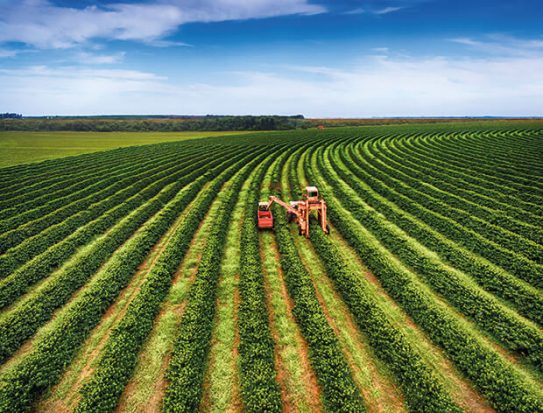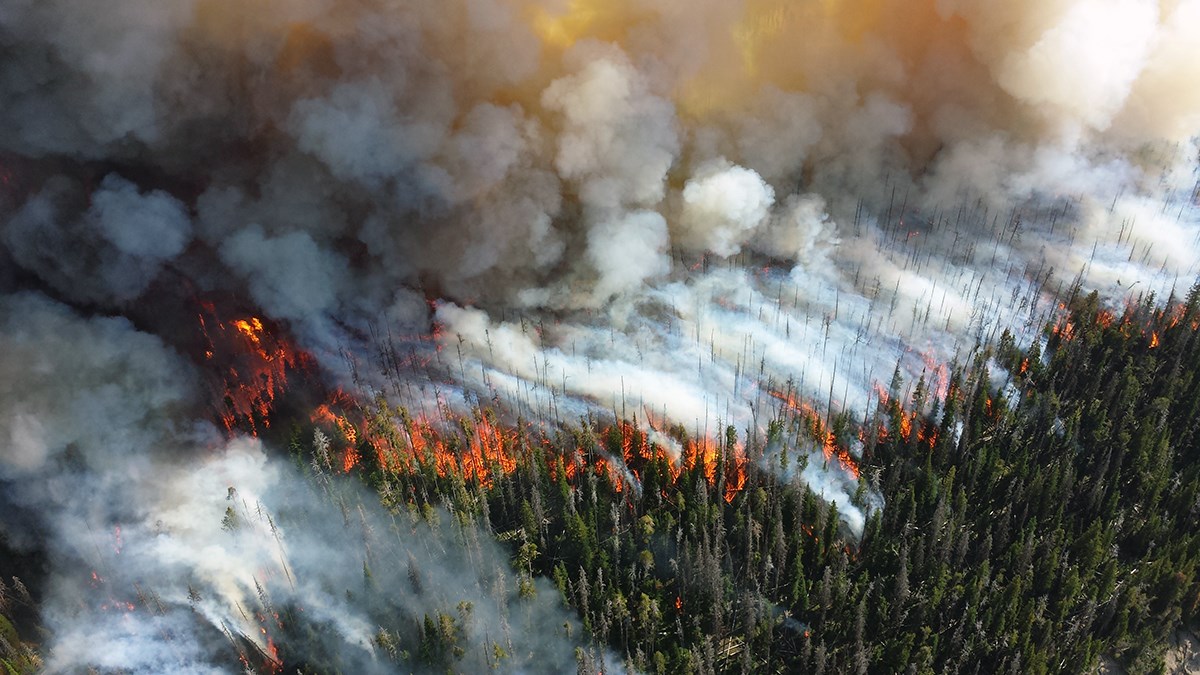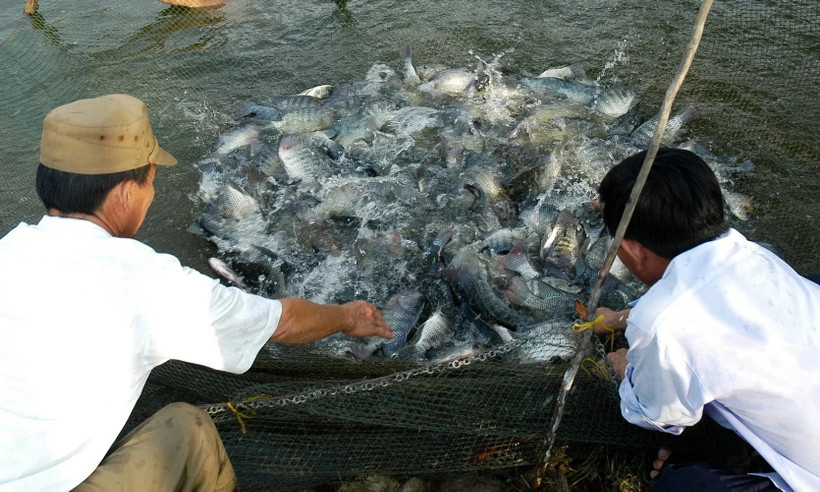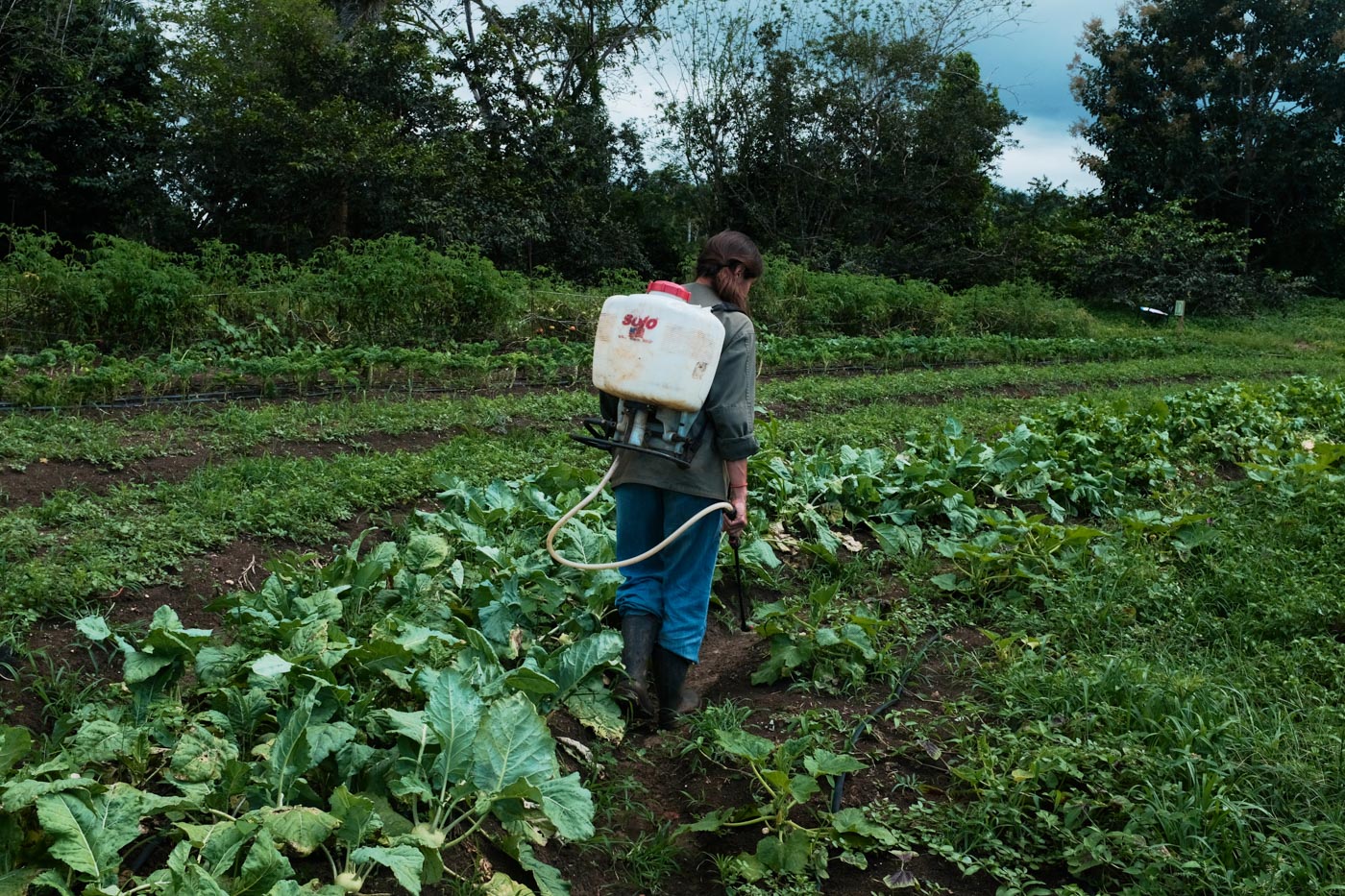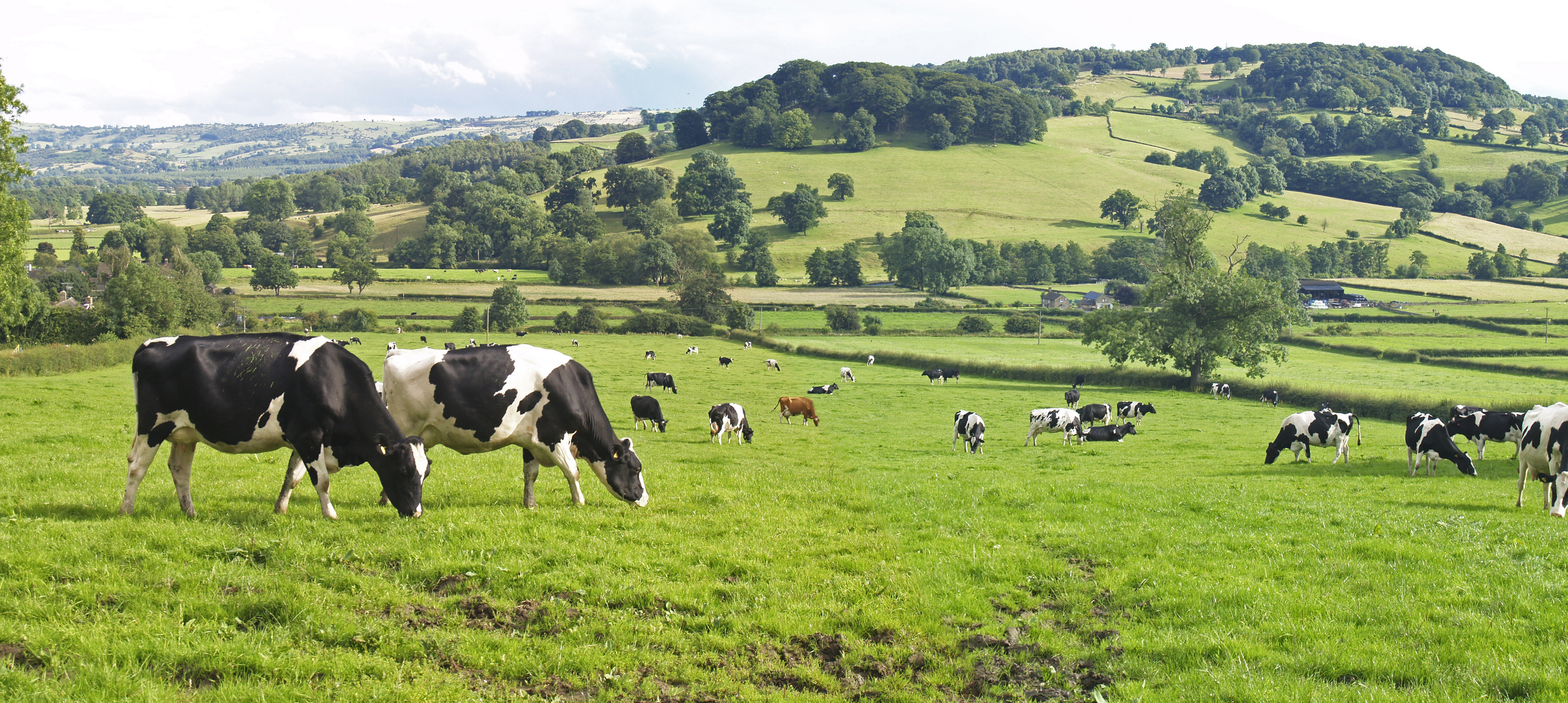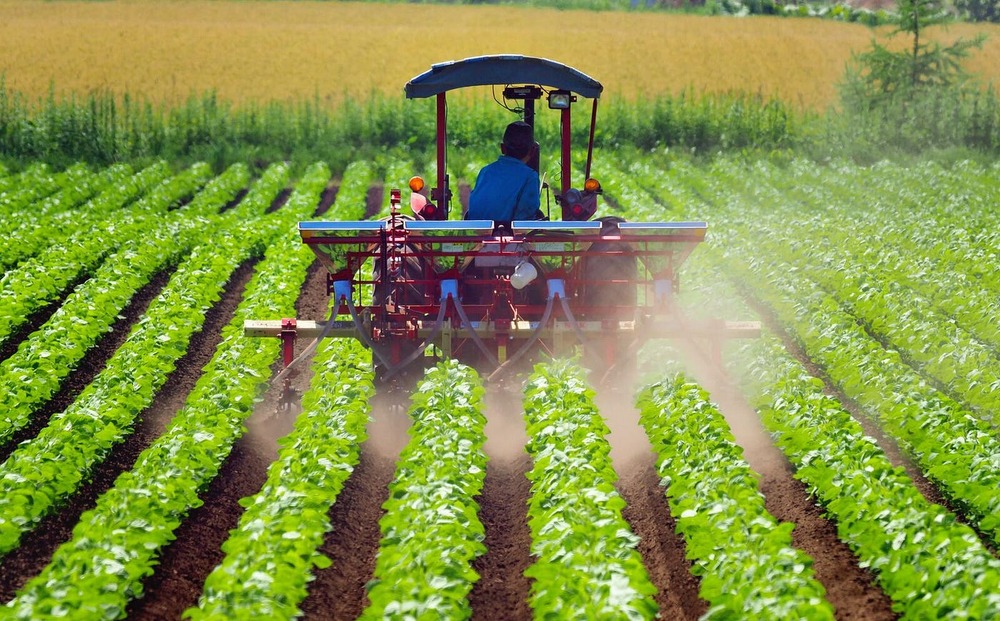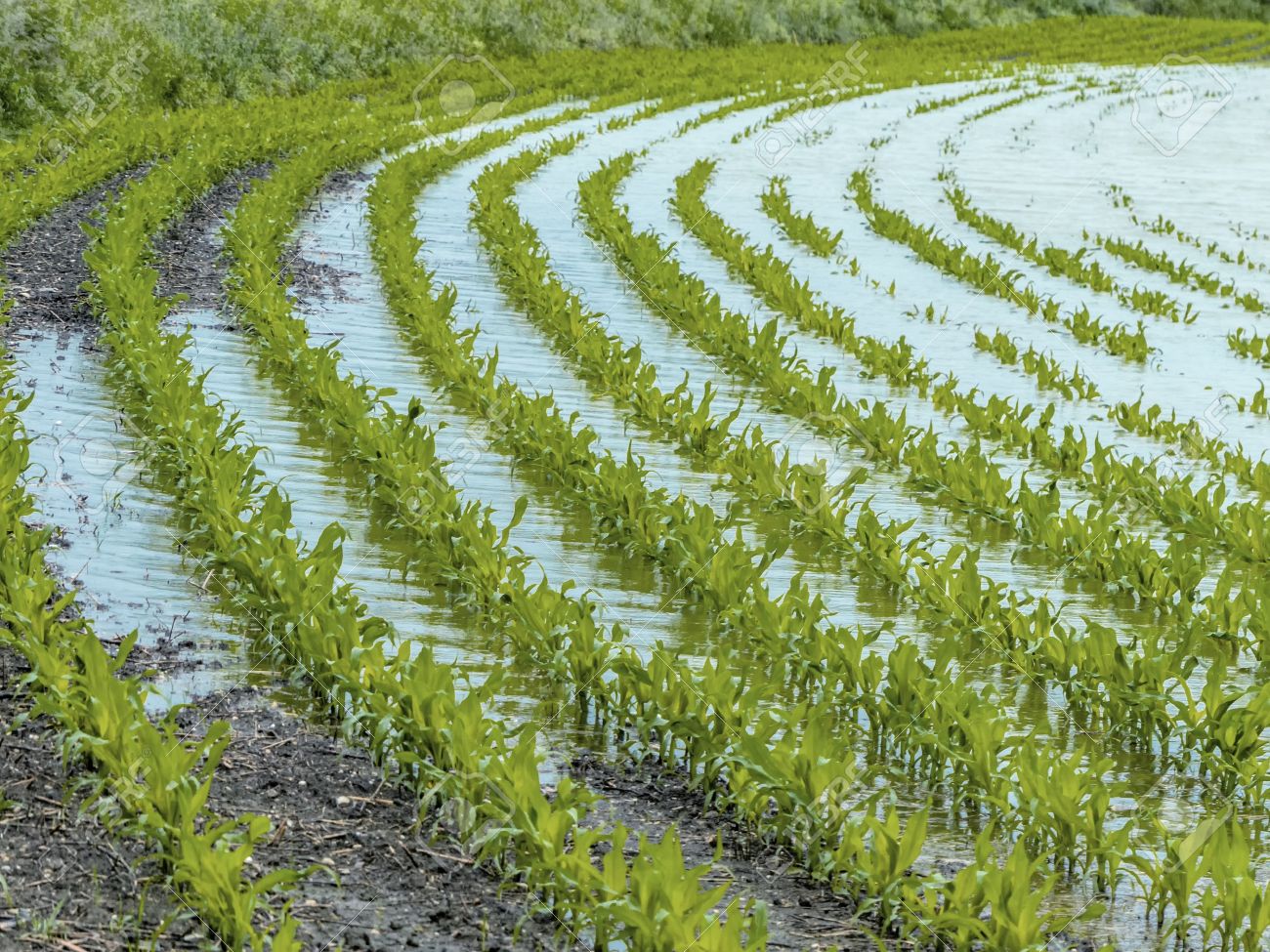The Minister of Agriculture and Food Security, Senator Abubakar Kyari, has harped on the need to avail Nigerian farmers, especially smallholder farmers, timely weather information so that they can know when to plant and when to harvest.
The Minister, who was speaking of the Agricultural Production Utilization of Seasonal Climate Prediction released by the Nigerian Meteorological Agency (NiMET), said seasonal Climate Prediction is crucial to the agriculture sector where weather forecasts can help inform farmers about upcoming weather conditions, allowing them to adjust planting schedules, optimize irrigation, and apply inputs more efficiently, thereby reducing resource waste while improving crop yields and increasing productivity.
He said NiMET’s Seasonal Rainfall Prediction can assist in shaping agriculture in Nigeria concerning information about the pattern and duration of rainfall across the country’s agronomic zones, when to grow and length of growing season, as well as dry spells that could occasion loss of agricultural investment, where remedial measures are not taken.
Kyari however regretted that there have been farming seasons in Nigeria when farmers did not take advantage of the institutional advice from NiMET, and on their own, misread the rainfall pattern, only to face dry spells that invariably ruined their crops and livelihoods.
“As we are all aware, small-holder farmers are primary and significant players in Nigeria’s agricultural space, with rain-fed agriculture being the predominant practice. But rain-fed agriculture is susceptible to elements of climate change, such as flood and drought, if no concrete action is taken to adapt to erratic weather conditions.
“Long-time changes in temperature can affect crop growth and development, leading to reduced yields or shifts in suitable planting zones. Heat stress can also impact livestock productivity and health. Furthermore, changes in rainfall patterns, including increased frequency of droughts or floods, can disrupt planting schedules, affect water availability for irrigation, and lead to soil erosion and nutrient loss.
“Overall, climate change poses significant risks to food security by reducing crop yields, increasing food prices, and disrupting supply chains, particularly in vulnerable regions with limited adaptive capacity. Addressing these challenges requires a combination of adaptation strategies, such as implementing sustainable agricultural practices, developing climate-resilient crop varieties, improving water management techniques, and enhancing early warning systems for extreme weather events.
“Weather information plays a crucial role in mitigating climate change by enabling informed decision-making and facilitating the implementation of adaptation and mitigation strategies. It can help communities prepare for extreme weather events such as floods, drought and heat waves, minimizing their impact on otherwise vulnerable populations.
“However, mitigating the effects of adverse weather is enhanced if a forecast of the expected weather is obtained on time by the population that relies on it. Invariably, collaboration among meteorological agencies, agricultural researchers, extension services, and farmers, is essential for effectively translating Seasonal Climate Predictions into actionable insights and on-the-ground solutions. These solutions enhance resilience to climate change and support sustainable agricultural practices that ensure food security”, the Minister noted.
In his presentation, the Director General of NiMET, Professor Charles Anosike, said in 2023, over 600 farmers and extension officers were trained on the application of the Seasonal Climate Prediction for Agriculture production. He said the Crop Weather Calendar and Livestock Comfortability Index are being provided.
He said between 2017 to 2021, 104 local government and 727 village areas were covered with 60,000 farmers and extension officers trained in the application of Seasonal Climate Prediction for Agriculture Production.
Source - https://tribuneonlineng.com





